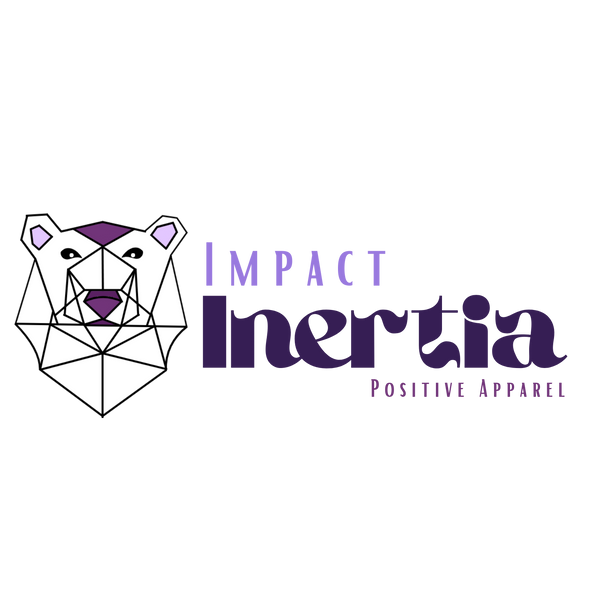Empowering Neurodivergent Professionals.
Navigating the professional landscape can be challenging for anyone. Still, individuals with ADHD (Attention-Deficit/Hyperactivity Disorder), Dyslexia, and Autism face a unique set of misconceptions that can create additional hurdles in their career paths. With 7 years of management and personal experience with ADHD and dyslexia, I've seen firsthand the gap between perception and reality when it comes to these neurodiverse profiles in the workplace. Let's dive into some common myths, uncover the truths, and explore how we can create a more inclusive and understanding work environment for everyone.
Myth 1: ADHD is Just a Lack of Focus
Reality: A Different Kind of Focus
Hyperfocus: The Untapped Potential of ADHD Minds
One of the most pervasive myths about ADHD is that it's synonymous with a lack of focus. In reality, individuals with ADHD often can hyperfocus – an intense form of concentration on a task that is of great interest to them. This can lead to remarkable productivity and creativity in areas they're passionate about.
Solution:
Employers can leverage this by providing a work environment that allows for flexibility in tasks and encourages employees to engage with projects that align with their interests. Understanding that focus is not absent but differently allocated can help harness the strengths of employees with ADHD.
Myth 2: People with Dyslexia Simply Can't Read Well
Reality: A Unique Way of Processing Information
Dyslexic Brains: Innovative Problem Solvers
The misconception that dyslexia only affects reading ability ignores the complexity of the condition. While it's true that reading can be a challenge, dyslexic individuals often excel in areas requiring spatial reasoning, problem-solving, and big-picture thinking. Their brains are wired to connect disparate ideas and see patterns that others might miss.
Solution:
Workplaces can support dyslexic employees by offering assistive technology, such as text readers. Also by considering alternative methods for information consumption, like audio formats. Emphasizing strengths in areas like brainstorming sessions and strategy development can also be beneficial.
Myth 3: ADHD and Dyslexia are Purely Academic Challenges
Reality: Impacting Professional Development Beyond School
From Classroom to Boardroom: Transcending Academic Boundaries
It's a common belief that Neurodiverse individual's issues are confined to the classroom. However, these conditions can affect various aspects of professional development, from organizational skills to communication. Yet, with the right strategies and support, individuals with ADHD, dyslexia, and autism can thrive in their careers.
Solution:
Professional development programs tailored to neurodiverse needs can be invaluable. These might include time management workshops, mentorship opportunities, and personalized career coaching that caters to the unique learning and working styles of neurodivergent individuals.
Myth 4: ADHD, Dyslexia, and Autism Are Always Detrimental to Career Success
Reality: The Seeds of Innovation in Neurodiversity
The Competitive Edge of Thinking Differently
A persistent myth is that ADHD, dyslexia, and autism CD are barriers to success. In contrast, many individuals with these profiles bring a distinctive set of skills to the table. They are often highly creative and adaptable, and excel at out-of-the-box thinking – qualities that are highly valued in innovative and evolving industries. The key is to recognize and cultivate these traits, rather than viewing Neurodiverse minds solely in terms of their challenges.
Solution:
Businesses can foster success by creating an inclusive culture that values diverse thinking styles and by providing clear career progression pathways that do not rely on conventional evaluation methods alone. Recognizing Neurodivergent employees' unique contributions can lead to a more dynamic and innovative workplace.
Myth 5: People with Autism Can't Work Well in Teams
Reality: Different Social Dynamics Can Enhance Team Performance
Autism in the Workplace: Unconventional Team Players
The myth that individuals on the autism spectrum are not effective team members stems from misconceptions about communication styles. While it's true that social dynamics can be challenging, many autistic individuals are incredibly detail-oriented, loyal, and bring a level of depth to their areas of interest or expertise that can greatly benefit any team.
Solution:
To harness this potential, employers should ensure clear communication and provide structured environments that can help reduce uncertainty for autistic employees. Building teams with complementary skills and communication styles can lead to a more well-rounded and effective team. Utilizing the strengths of autistic individuals can bring a new level of expertise and dedication to a team's performance.
Embrace Neurodiversity as a Workplace Asset
The misconceptions surrounding ADHD, dyslexia, and autism in the workplace are rooted in a lack of understanding and awareness. As we've explored, the reality is that neurodiversity can bring significant advantages to a business, from the hyperfocus of ADHD, to the innovative problem-solving of dyslexia, and the specialized expertise of individuals on the autism spectrum. It's time to shift the narrative and recognize that neurodiversity is not just a challenge to be managed, but a valuable asset to be embraced.
By implementing supportive strategies, fostering inclusive cultures, and valuing the unique contributions of all employees, companies can unlock the full potential of their workforce. It's not about lowering standards or making exceptions. It's about creating a work environment where everyone has the opportunity to succeed and contribute meaningfully.
Transform Your Career with Expert Neurodivergent Coaching!
Are you or someone you know navigating the professional world with ADHD, dyslexia, or autism? Are you struggling to find a career that works for you, write a resume that lands the job, or feel overwhelmed by the interview process?
It's time to move beyond the myths and harness your unique strengths. Sign up for one-on-one Neurodivergent Career Coaching with Jess Jarmo, where you'll receive personalized guidance and support tailored to your neurodiverse needs.
Together, you’ll create a career strategy that plays to your strengths, helps you overcome obstacles, and positions you for success in your chosen field. Don't let misconceptions hold you back – embrace your neurodiversity and let it propel you forward in your career.
Click here to find testimonials of happy clients, and schedule your first discovery call, starting your journey to a more fulfilling professional life!

